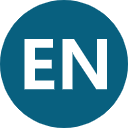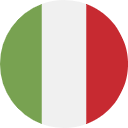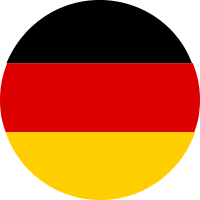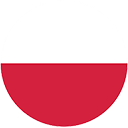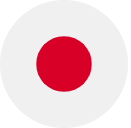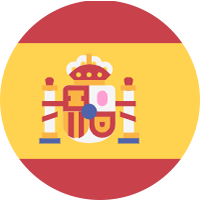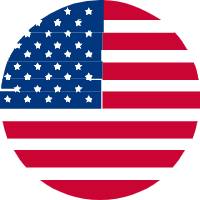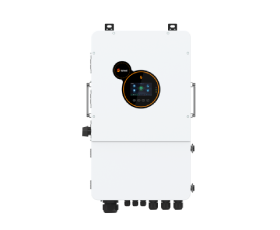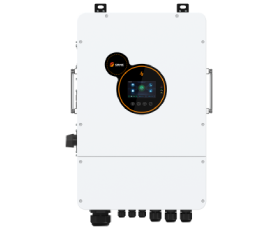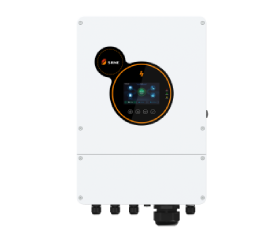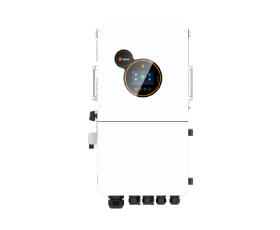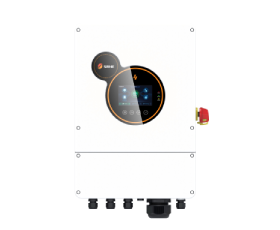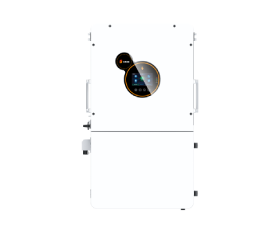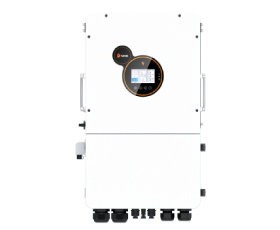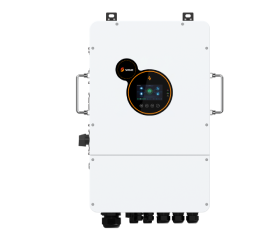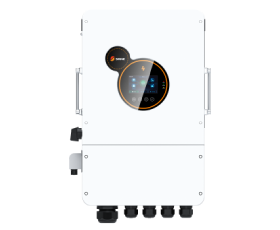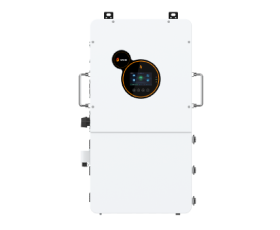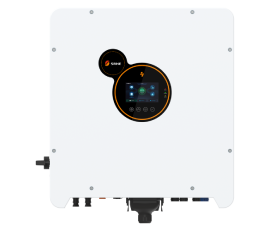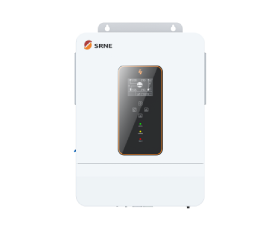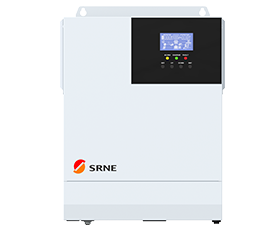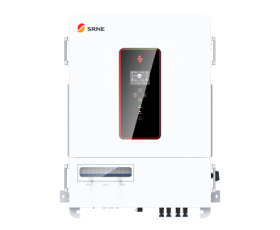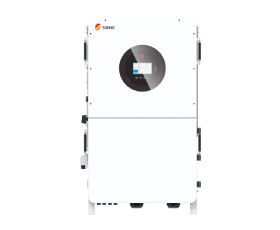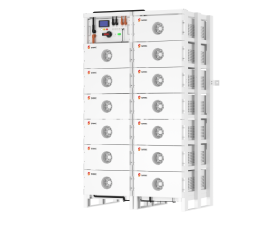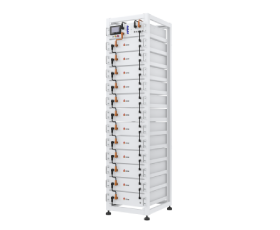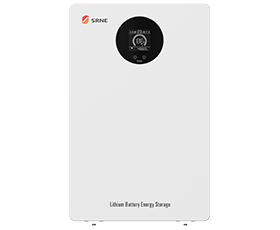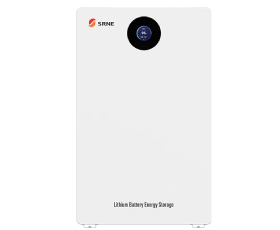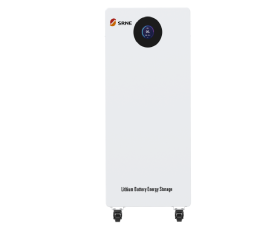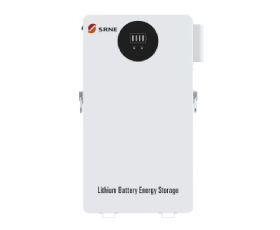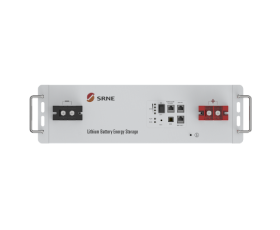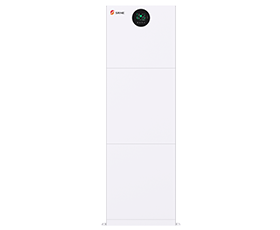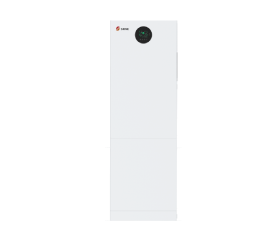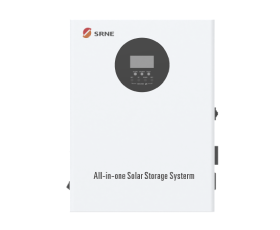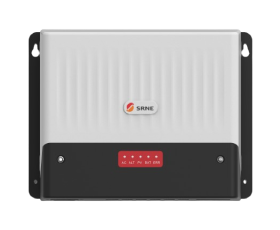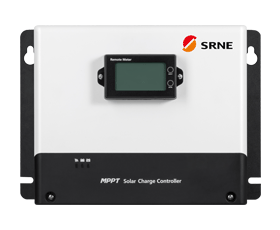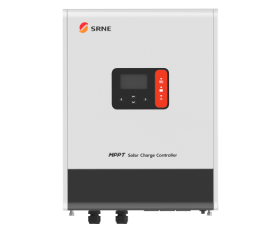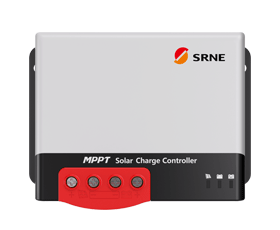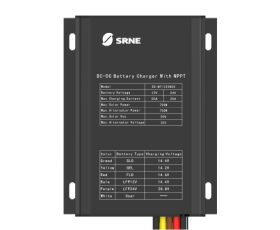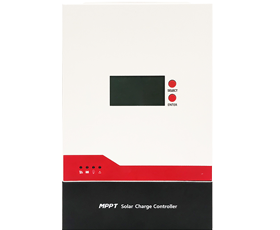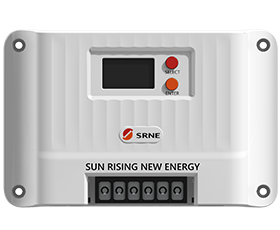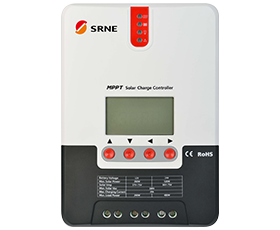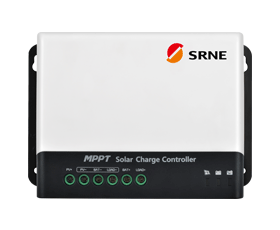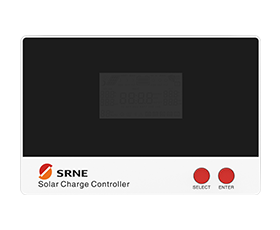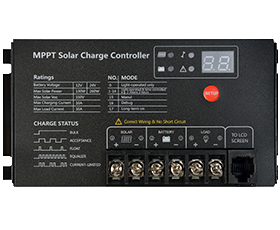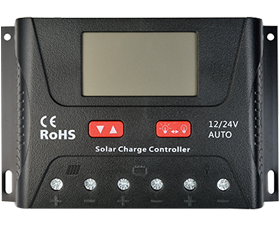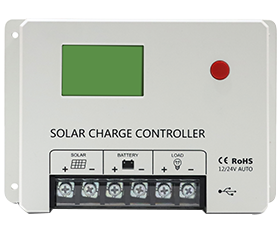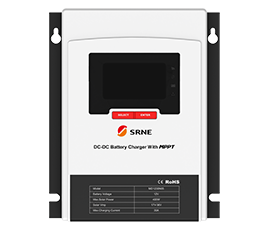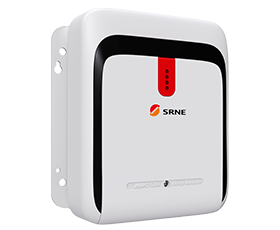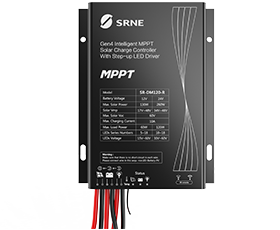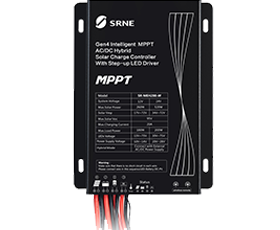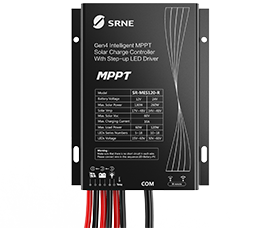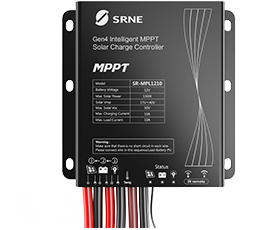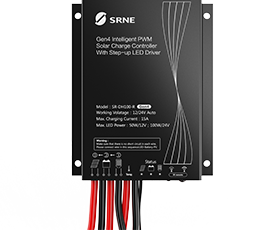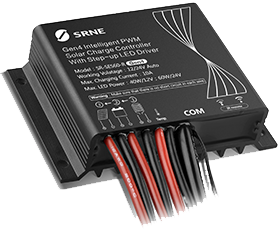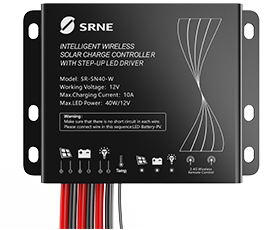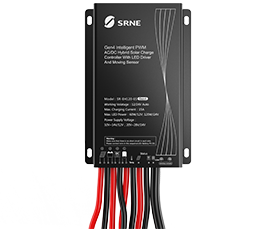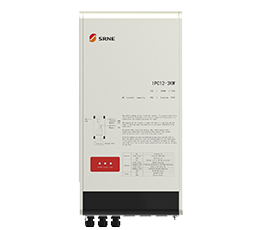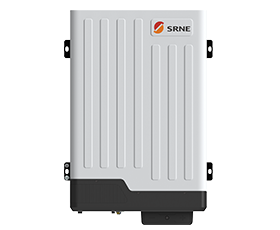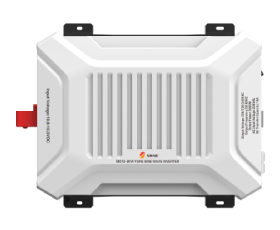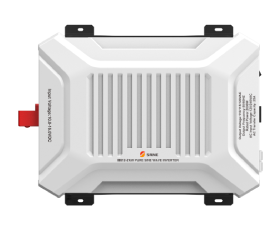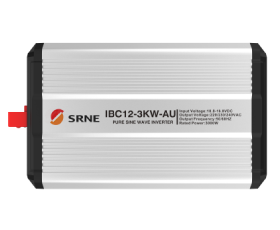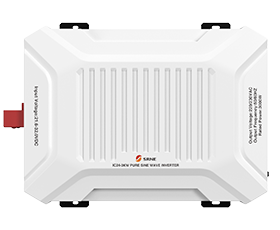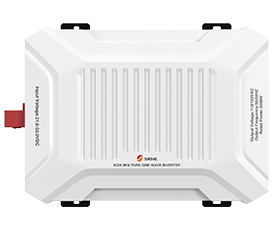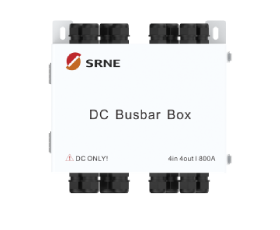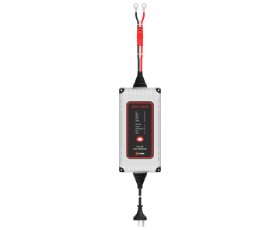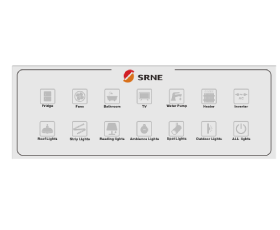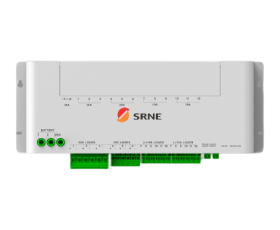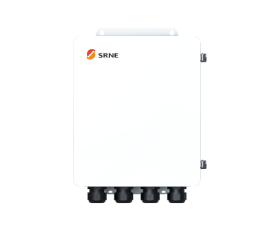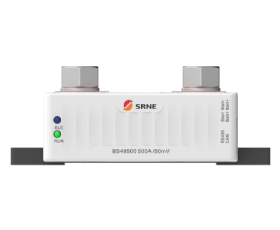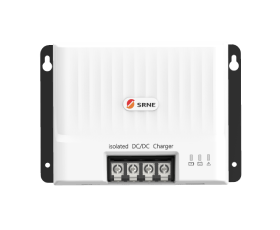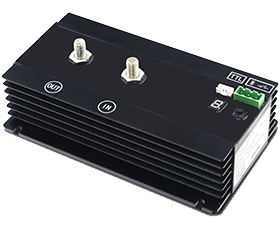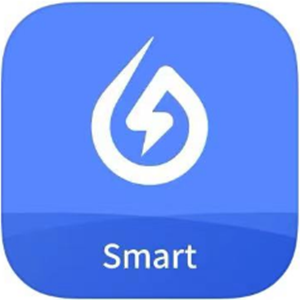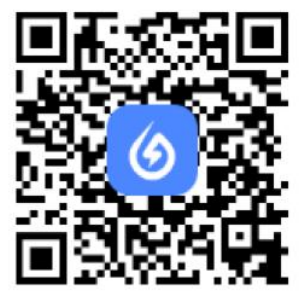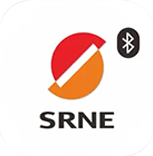The Comparison between Centralized Solar Inverter and Series-wound Solar Inverter
Centralized Solar Inverter
Centralized solar inverter gathers the DC power generated by solar modules and then convert it into AC power, boost the voltage and connect to the grid. Therefore, the power of solar inverter is relatively large. Generally, solar power station will choose the centralized solar inverter with more than 500 kW.
The equipment power range of centralized solar inverter is between 50kW to 630kW. The power device uses large current IGBT. Generally, the protection grade is IP20.
The Advantages of Centralized Solar Inverter
1. With large power and low device quantity, the centralized solar inverter is manageable. Besides, it is convenient to maintain the inverter because of its few components and good stability performance.
2. The inverter generates few harmonic waves so that the electricity is of high-quality ; it has all-round protection functions and of high security.
3. This kind of solar inverter has power adjustment function and low voltage ride through capability.
The Disadvantages of Centralized Solar Inverter
1. The MPPT voltage range of the centralized solar inverter is narrow, so that the operating state of each module cannot be monitored. Therefore, it is impossible to make each module at the best operating point. Besides, the component configuration is not flexible.
2. The centralized solar inverter occupies a large area and requires for a dedicated machine room. So the installation will be troublesome.
3. The centralized solar inverter itself and machine room heat dissipation will consume a lot of energy.
Series-wound Solar Inverter
Series-wound solar inverter directly converts the DC power generated by solar modules into AC power, and then boosts the voltage and connects to the grid. Therefore, the power of series-wound solar inverter is relatively small. Generally, solar power station will choose the series-wound solar inverter with less than 50 kW.
The power of series-wound solar inverter is lower than 100kW. The power device uses small current MOSFET or IGBT. Generally, the protection grade is IP65.
The Advantages of Series-wound Solar Inverter
1. It is not affected by module difference and shadows, while reducing the mismatch condition between the optimal operating point of the photovoltaic cell module and the inverter, which maximizes the power generation.
2. The MPPT voltage range of series-wound solar inverter is wide, so that the component configuration is flexible. The solar power system with this kind of solar inverter will generate electricity for a longer time in the rainy days.
3. The series-wound solar inverter does not occupy a large area and does not require for a dedicated machine room. So the installation will be flexible.
4. Low self-consumption and low failure impact.
The Disadvantages of Series-wound Solar Inverter
1. The series-wound solar inverter is not suitable for high altitude areas. The integration of many components will lead to a poor stability performance.
2.This kind of solar inverter is usually installed outside. Wind and sun will cause the aging of the surface and cooling fin.
3. The large quantity of inverters will be followed by rising failure rate and system monitoring difficulty.
4. Without the isolation transformer design, the electrical safety of the inverter is not so good. So the inverter is not suitable for the negative grounding system of the thin film module.
Conclusion
Compared with centralized solar inverters, series-wound solar inverters are more advantageous in terms of failure rate, system safety and operation and maintenance costs. The solar power system with series-wound solar inverter is more reliable. This kind of solar inverter can ensure the long-term safety and operation of solar power station. That is the reason why users who have installed large-scale solar power systems are increasingly preferring series-wound solar inverters instead of centralized solar inverters.



